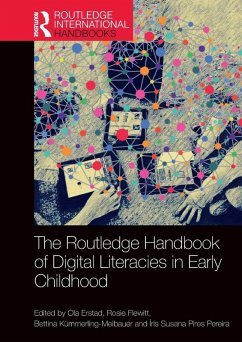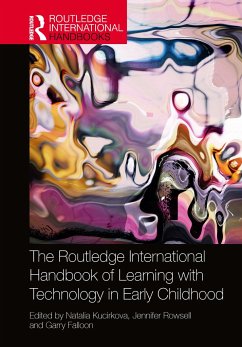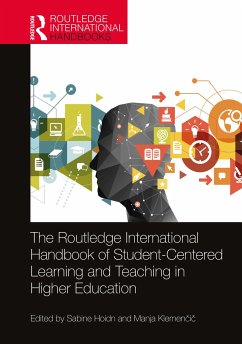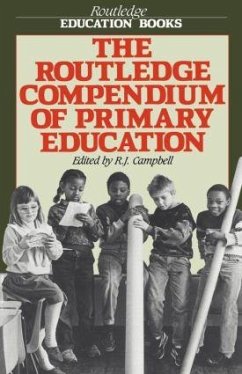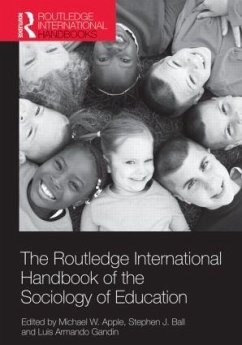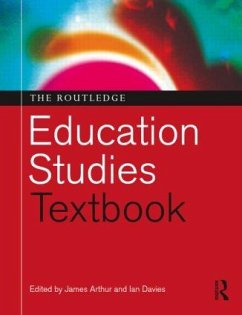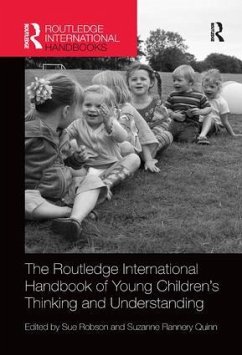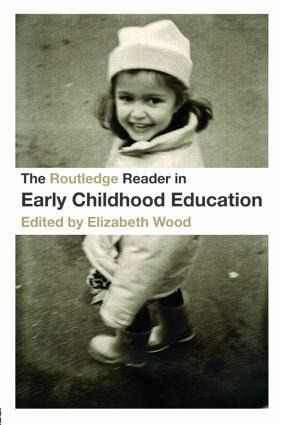
The Routledge Reader in Early Childhood Education
Versandkostenfrei!
Versandfertig in 1-2 Wochen
59,99 €
inkl. MwSt.
Weitere Ausgaben:

PAYBACK Punkte
30 °P sammeln!
Early childhood education has always provoked passionate feelings amongst stakeholders at all levels, from practitioners working with children and families in pre-school and school settings, to advisers, managers, politicians, and academics The purpose of this reader is to examine change, transformation and continuity, and to present indicative scholarship in relation to five key themes: theoretical perspectives on learning curriculum and pedagogy play policy professionalism and research methods Within each theme, the readings have been chosen to exemplify national and international perspectiv...
Early childhood education has always provoked passionate feelings amongst stakeholders at all levels, from practitioners working with children and families in pre-school and school settings, to advisers, managers, politicians, and academics The purpose of this reader is to examine change, transformation and continuity, and to present indicative scholarship in relation to five key themes: theoretical perspectives on learning curriculum and pedagogy play policy professionalism and research methods Within each theme, the readings have been chosen to exemplify national and international perspectives and trends. This is not to present a homogenised view of early childhood provision and services across cultural contexts; rather the intention is to take a critical perspective on past, present and future directions, and to identify some of the challenges, dilemmas and contradictions posed in research and scholarship.





